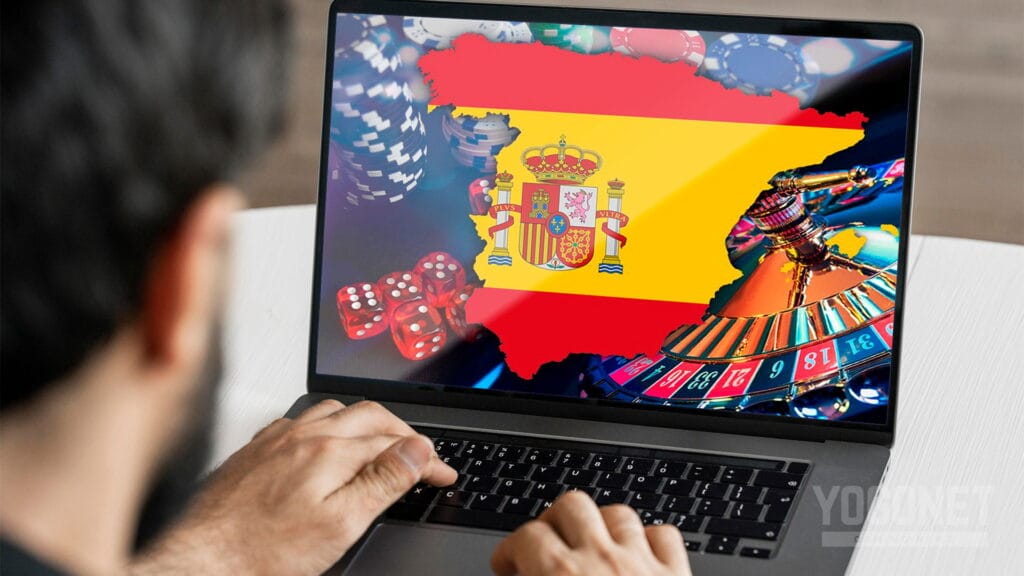Online Gambling Regulations Tighten in the Netherlands and Germany
The online gambling landscape in both the Netherlands and Germany is undergoing significant changes due to stricter regulations. These new rules are designed to protect consumers, but they also present challenges for both players and operators.
In the Netherlands, the government has implemented measures to make gambling safer and more responsible. These include stricter age verification processes, deposit limits, and increased monitoring of gambling habits. Germany has also introduced new regulations with the Glücksspielstaatsvertrag 2021, which aims to regulate the market more effectively. Key aspects include a monthly deposit limit of 1,000 euros per player, advertising restrictions, and the introduction of a nationwide self-exclusion database called OASIS.
Licensing and Advertising: Key Differences and Similarities
One notable difference between the two countries lies in the licensing process. The Netherlands issues a limited number of licenses to operators, while Germany has granted licenses to numerous providers through the Gemeinsame Glücksspielbehörde der Länder (GGL). However, the restrictive regulations in both countries have led some players to seek out illegal providers, a concern that is actively being discussed in both nations.
Advertising regulations are also a central component of gambling regulation in both Germany and the Netherlands. Dutch operators face strict rules regarding TV and online advertising, and Germany also has high standards. TV advertising for online gambling is only allowed during specific time slots, and the use of celebrities in advertising campaigns is viewed critically. Both countries aim to prevent excessive gambling and better protect vulnerable groups.
Shifting Consumer Behavior
The new regulations in the Netherlands have prompted players to explore legal alternatives more thoroughly. However, some view the stricter deposit limits as restrictive and are turning to unlicensed providers. A similar trend is observed in Germany, where unregulated platforms have seen an increase in German players seeking more flexible conditions since the introduction of the new rules.
Another issue is the game speed. Germany has introduced a 5-second rule for online slot machines, which slows down each spin. This has led many players to seek alternatives outside the regulated market.
Payment methods are also evolving. In both countries, there is a growing demand for alternative transaction options. While e-wallets and cryptocurrencies are becoming increasingly important in Germany, Dutch players are increasingly relying on innovative payment solutions to maintain flexibility.
Tools for Responsible Gambling
In a regulated gambling market, self-control tools are essential. Both the Netherlands and Germany offer numerous ways to gamble responsibly:
- Deposit Limits: Both countries allow players to set individual deposit limits to control their budget.
- Self-Tests & Time Management: Many licensed providers offer tools for self-assessment of gambling behavior and for limiting playing time.
- Tracking Apps & Budgeting Tools: These digital aids allow players to accurately document their deposits and withdrawals and identify problematic trends early on.
Effective time management is crucial. Players should set fixed times for their sessions and take conscious breaks to ensure controlled gambling behavior.
Resources for Legal and Responsible Play
Both the Netherlands and Germany have official bodies and independent organizations that educate players about safe and legal gambling:
- Regulatory Authorities:
- In the Netherlands, the Kansspelautoriteit (KSA) provides information on safe providers and consumer protection measures.
- In Germany, the Gemeinsame Glücksspielbehörde der Länder (GGL) performs this task and regularly publishes warning lists of illegal providers.
- Independent Organizations:
- Platforms like GambleAware or BeGambleAware offer self-help tools and contacts to counseling centers for problematic gambling behavior.
- Self-Exclusion Programs:
- The Netherlands has the Cruks register (Centraal Register Uitsluiting Kansspelen), which allows players to ban themselves from online casinos.
- Germany has the OASIS blocking system, which covers all licensed providers nationwide.
Conclusion
The gambling market in both the Netherlands and Germany continues to evolve through strict regulations. While the measures serve to protect players, they also create challenges, particularly through a possible migration to the black market.
Therefore, it is crucial to stay informed about current developments and use legal and safe alternatives. The key to a responsible gambling experience lies in education, control, and transparency for players, operators, and regulatory authorities alike.
Stay ahead of the game in the licensed betting world – get the latest insights at LicensedBettingSites.com.















